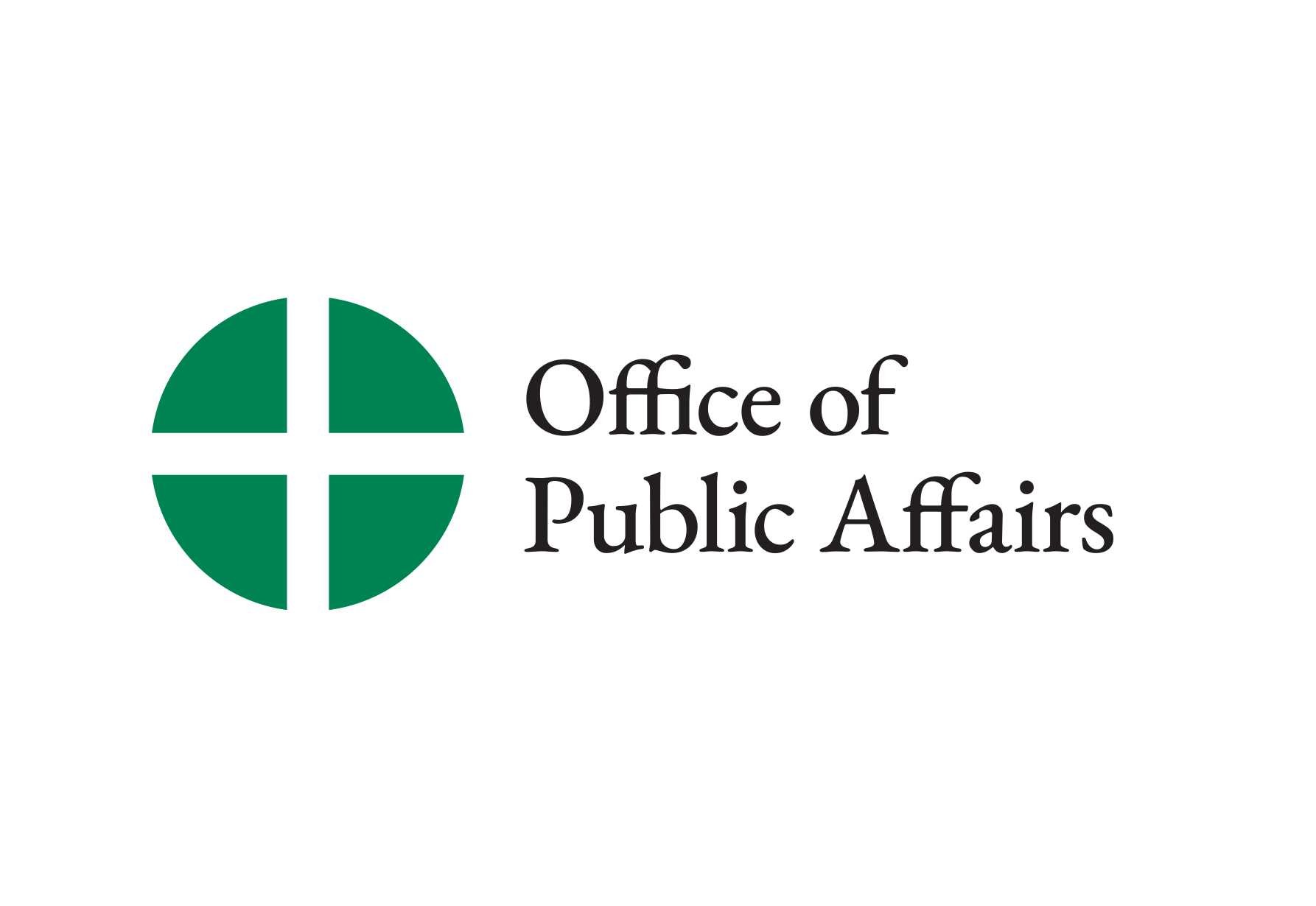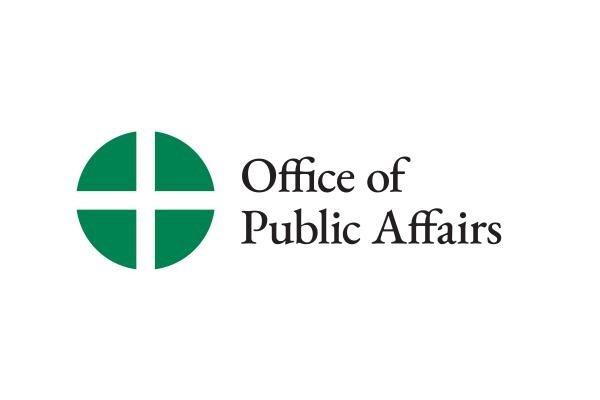Recap of U.S. Bishops’ Plenary Assembly in Baltimore
The United States Conference of Catholic Bishops (USCCB) gathered for their Fall Plenary Assembly in Baltimore, November 11-13.

BALTIMORE - The United States Conference of Catholic Bishops (USCCB) gathered for their Fall Plenary Assembly in Baltimore, November 11-13. Throughout the meeting, the bishops had opportunities to spend time in prayer and fraternal dialogue together.
As the public session of the plenary began, the bishops sent a message to the Holy Father. Archbishop Timothy P. Broglio of the Archdiocese for the Military Services, USA, and president of the USCCB, delivered his final address to the bishops as USCCB president. He was followed by Cardinal Christophe Pierre, the papal nuncio to the United States, who offered remarks.
As one of the first items of business on the plenary agenda, the bishops elected Archbishop Paul S. Coakley of Oklahoma City as president, and Bishop Daniel E. Flores of Brownsville as vice president to lead the Conference. Their terms began immediately at the adjournment of the plenary today and run through November 2028. Additionally, Bishop Kevin C. Rhoades of Fort Wayne-South Bend was elected as USCCB secretary to complete the vacancy created when Archbishop Coakley was elected Conference president.
During their gathering, the body of bishops also elected new chairmen of six standing committees. Executive sessions (limited to bishops) were not livestreamed but included fraternal dialogues and informational sessions on a variety of topics: the ongoing implementation of the synod; best practices to continue the instruction of Laudato si’; the importance of post-abortion healing ministry; Forming Consciences for Faithful Citizenship (the bishops’ teaching document on the political responsibility of Catholics); and the apostolate of the laity.
In their message to the Holy Father, the bishops assured the pope of their prayers and communion with him. They acknowledged facing a growing worldview that is often at odds with the Gospel mandate to love thy neighbor, but stated: “Holy Father, please know that the bishops of the United States, united in our concern, will continue to stand with migrants and defend everyone’s right to worship free from intimidation.” The topic of immigration and the U.S. government’s recent surge in enforcement actions that have been prompting anxiety and fear in the communities across the country was a key point of discussion among the bishops throughout the meeting. Out of their pastoral concern for immigrants and in unison with Pope Leo XIV, the bishops issued a Special Message. In their vote, the body of bishops overwhelmingly approved the Special Message, with sustained applause of the body following the vote. (Read the bishops' full message: English | Spanish)
The United States celebrates the 250th anniversary of the signing of the Declaration of Independence next year. To mark the American Semiquincentennial, the U.S. bishops voted to consecrate the United States to the Sacred Heart of Jesus in June 2026, with 215 votes in favor, 8 votes against, and 7 abstentions to pass this measure.
The bishops discussed and voted on a revision of the Ethical and Religious Directives for Catholic Health Care Services. The revisions address the statement issued by the USCCB’s Committee on Doctrine in 2023 (“doctrinal note”) that underscored the role that those involved in the ministry of Catholic health care services have in providing the best medical care, as well as Christ’s compassionate accompaniment to all patients, no matter who they may be, or from what condition they may be suffering. The bishops voted 206 in favor, 8 votes against, and 7 abstentions to pass the action item. Read more here.
Other business items on their agenda included: an update from the Subcommittee on the Catechism on the Catechetical Accompaniment Process; a report from The Catholic University of America, and from The Pontifical Mission Societies USA. The USCCB’s 2026 budget was approved 220 in favor, 7 votes against, and 2 abstentions. The bishops also held a consultation on advancing the cause for beatification and canonization for Reverend Richard M. Thomas, a priest of the Society of Jesus. With 206 votes in favor, 4 votes against, and 1 abstention, the bishops affirmed the advancement of the case at the diocesan level.
The bishops also received an update on the recently concluded National Eucharistic Revival and were given a report on the impact of the three-year initiative. The report was followed by a vote to approve the Summer of 2029 for the next National Eucharistic Congress with 192 votes in favor, 19 votes against, and 7 abstentions.
In a presentation during the public session of the plenary that underscored the importance that the Catholic Church places on understanding artificial intelligence and the ethical implications of AI, especially in the context of the life of the Church. The bishops were briefed on the topic by Dr. Paul Scherz of the University of Notre Dame.
The bishops discussed and voted on two action items pertaining to liturgical texts from the Committee on Divine Worship:
- The bishops voted 205 in favor, 2 votes against, and 2 abstentions to approve the Appendices of The Roman Pontifical. The approval of this requires a two-thirds vote of the Latin Church members, with subsequent recognitio from the Vatican’s Dicastery for Divine Worship and the Discipline of the Sacraments.
- The bishops voted 202 votes in favor, 4 votes against, and 2 abstentions to approve Nuevos santos en el Calendario Romano general. The approval of this requires a two-thirds vote of the Latin Church members, with subsequent confirmatio from the Vatican’s Dicastery for Divine Worship and the Discipline of the Sacraments.
News updates, texts of addresses and presentations, and other materials from the 2025 fall plenary assembly are posted to: www.usccb.org/meetings.
###
Media Contacts:
-
Chieko Noguchi

